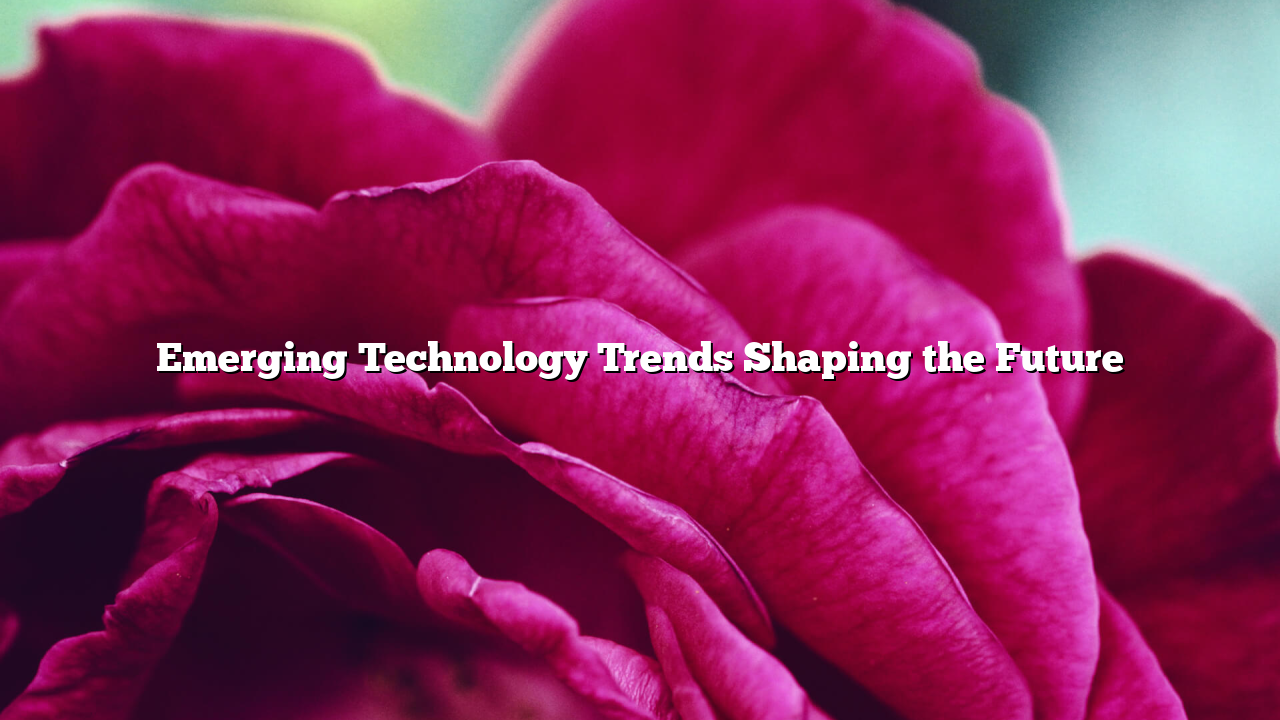In today’s rapidly evolving digital landscape, technology continues to redefine how people live, work, and interact. The latest trends not only shape industries but also influence global economic and social dynamics. From artificial intelligence to green technology, these innovations are paving the way Tempur99 toward a smarter, more connected, and sustainable world.
One of the most significant developments is the rise of Artificial Intelligence (AI). AI is no longer confined to research labs; it is now integrated into everyday applications. From personalized recommendations on streaming platforms to advanced medical diagnostics, AI has become indispensable. Generative AI, in particular, has captured global attention by enabling machines to create text, images, and even code. Businesses use AI to streamline processes, reduce costs, and gain insights from vast datasets, while consumers benefit from greater convenience and personalization.
Another important trend is the expansion of the Internet of Things (IoT). IoT connects everyday devices—smart homes, wearable health trackers, and autonomous vehicles—into a network that communicates in real time. For industries, IoT brings efficiency, predictive maintenance, and enhanced automation. For individuals, it improves quality of life by making daily routines more seamless. However, the growth of IoT also raises concerns over cybersecurity, as the number of connected devices continues to multiply.
The rollout of 5G technology serves as a crucial backbone for these innovations. With faster speeds and lower latency, 5G enables new possibilities such as immersive augmented reality (AR) and virtual reality (VR) experiences, autonomous transportation, and smart cities. This infrastructure not only benefits consumers but also supports industries that rely on real-time data processing and remote collaboration.
Alongside connectivity, blockchain and Web3 technologies are transforming digital interactions. These decentralized systems promise greater transparency and security in sectors such as finance, supply chains, and digital identity management. Cryptocurrencies remain the most visible application, but blockchain is also being explored for voting systems, intellectual property protection, and cross-border transactions. Although regulatory challenges remain, Web3 is set to reshape the foundations of the digital economy.
Environmental awareness is driving growth in green technology. As climate change becomes a pressing issue, innovations in renewable energy, sustainable manufacturing, and energy-efficient devices are gaining traction. From solar-powered infrastructure to eco-friendly data centers, technology is being leveraged to reduce carbon footprints and promote long-term sustainability. Companies are under increasing pressure to adopt green practices, not only for ethical reasons but also to meet consumer and regulatory expectations.
Finally, quantum computing represents one of the most exciting yet complex frontiers. While still in its early stages, quantum computing has the potential to revolutionize industries by solving problems far beyond the capabilities of classical computers. Fields such as drug discovery, cryptography, and climate modeling stand to benefit enormously once the technology matures.
Collectively, these trends signal a shift toward a more intelligent, interconnected, and sustainable future. Yet, they also bring challenges that must be carefully managed. Data privacy, digital inequality, and the social impact of automation remain pressing issues. Policymakers, businesses, and individuals must collaborate to ensure that technological progress benefits society as a whole.
As the pace of innovation accelerates, it is clear that the technologies emerging today will define the world of tomorrow. Those who adapt and embrace these changes will not only thrive but also play a role in shaping a future where technology serves humanity more effectively.
